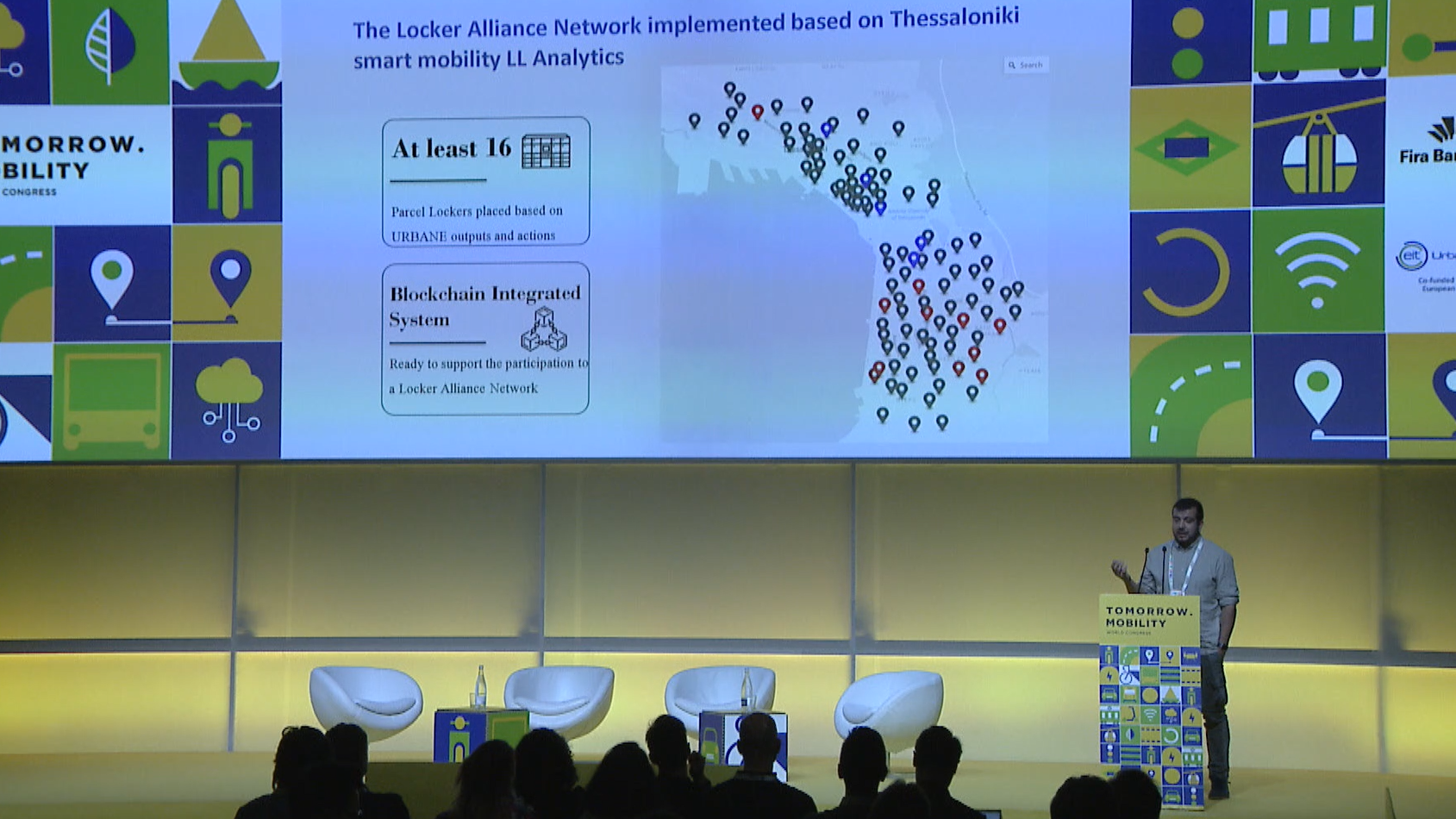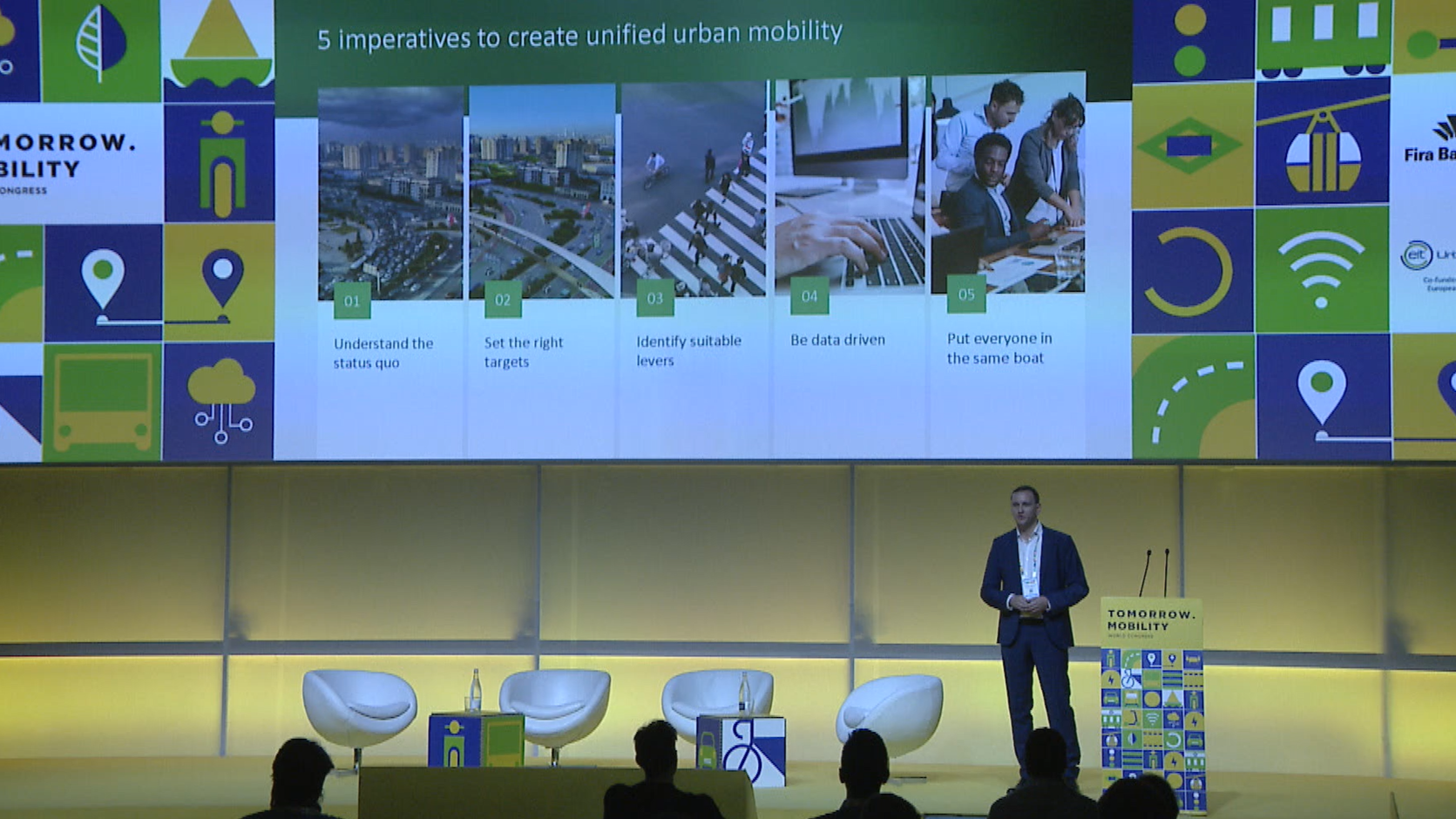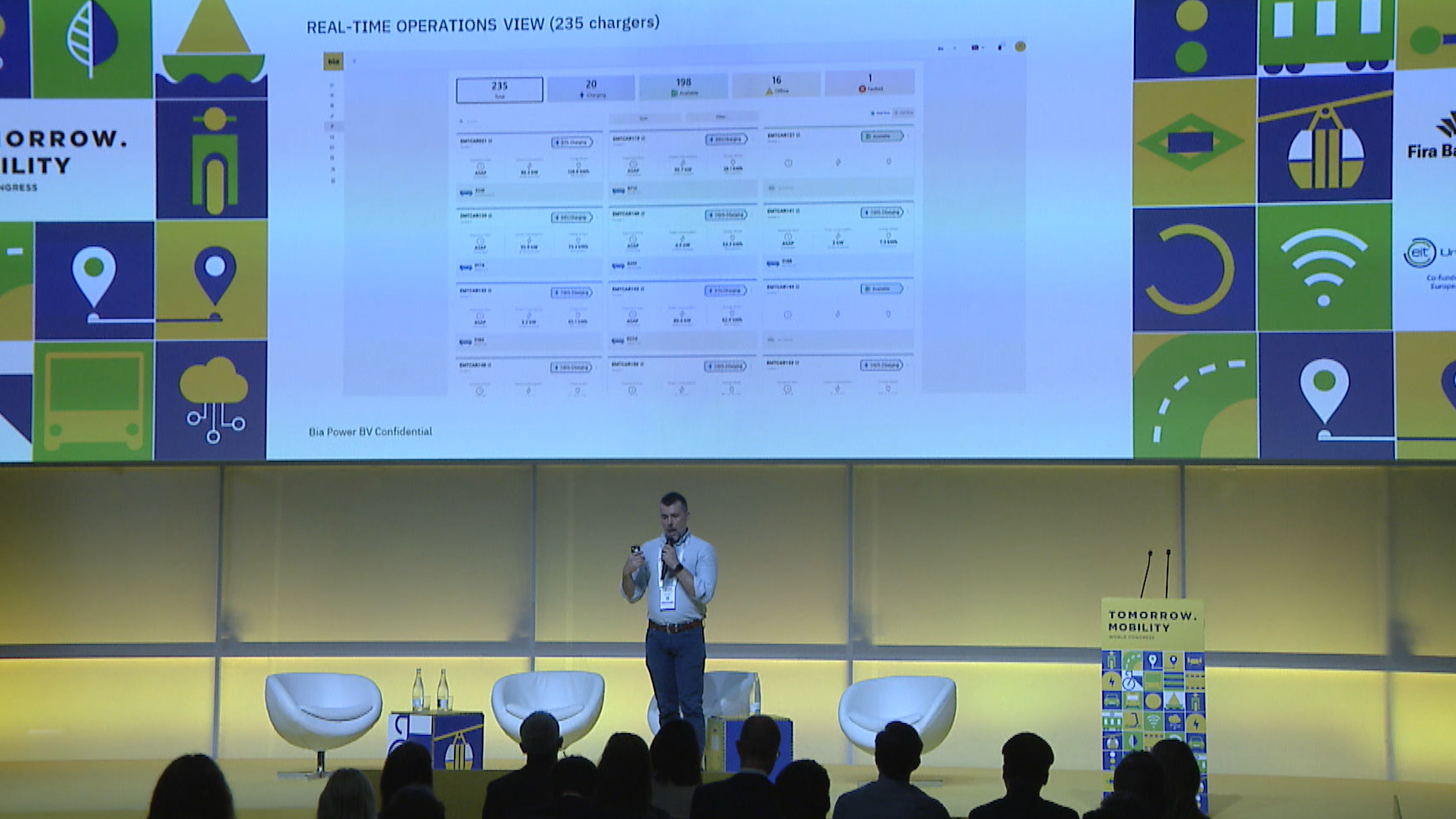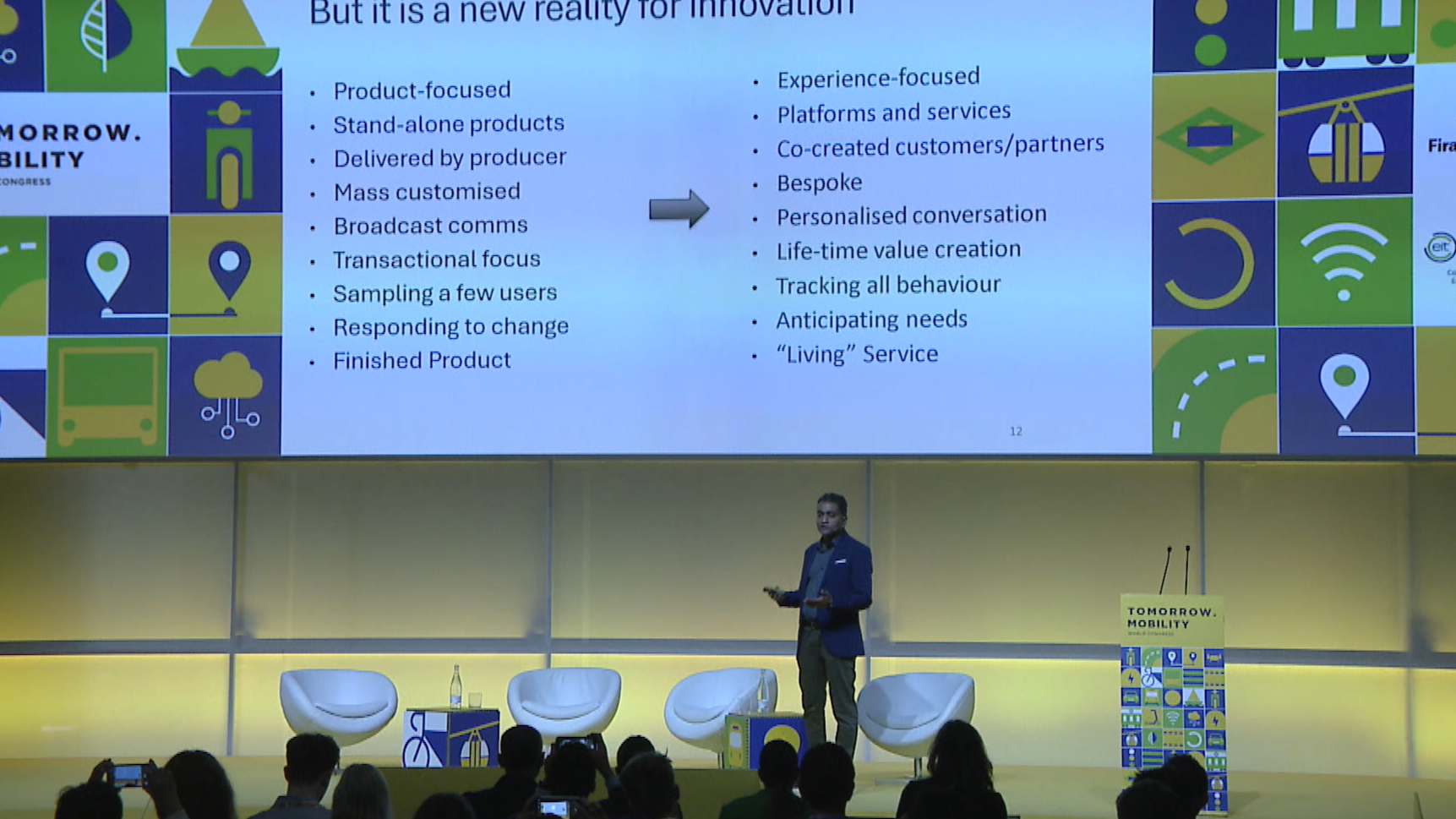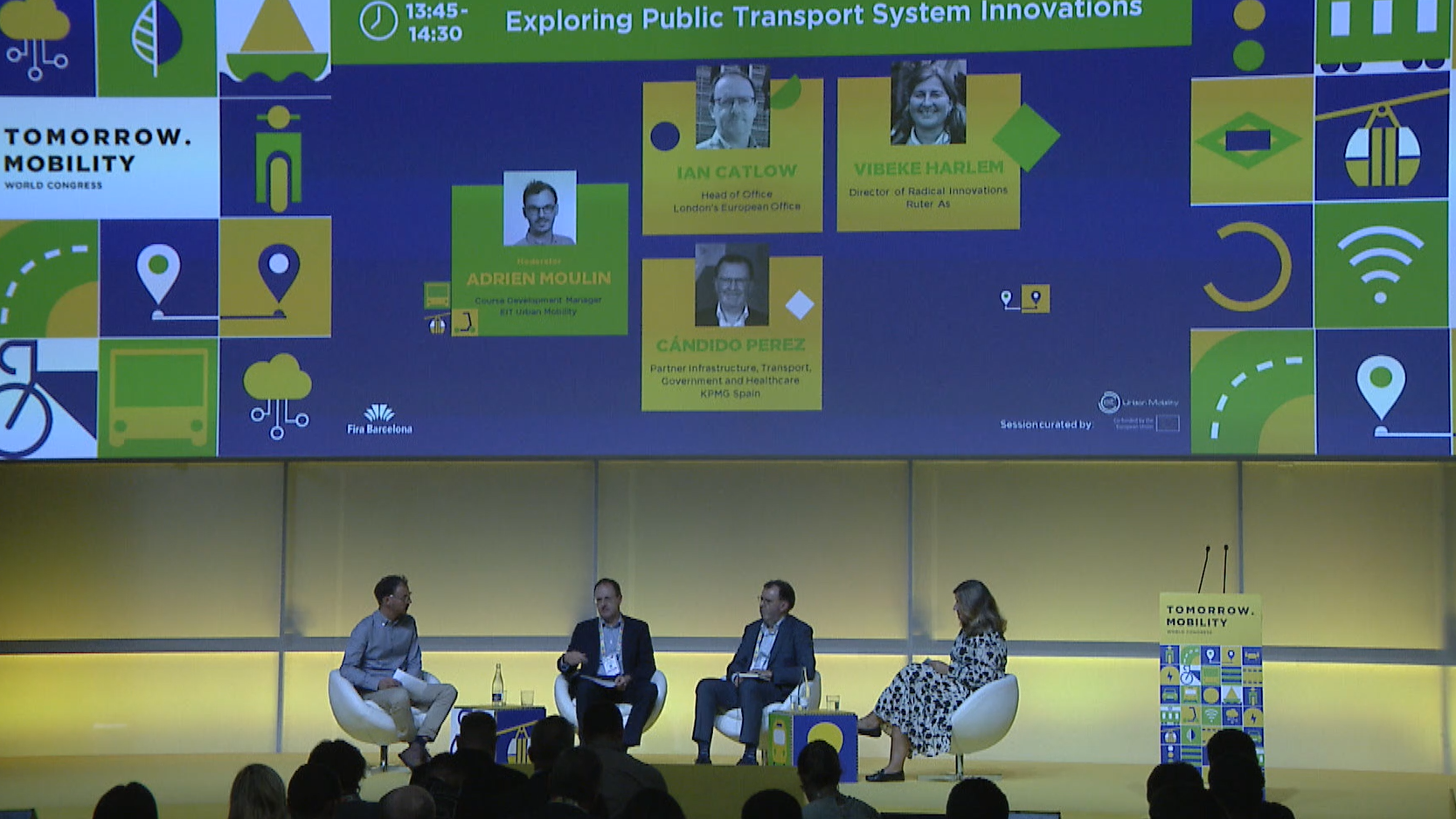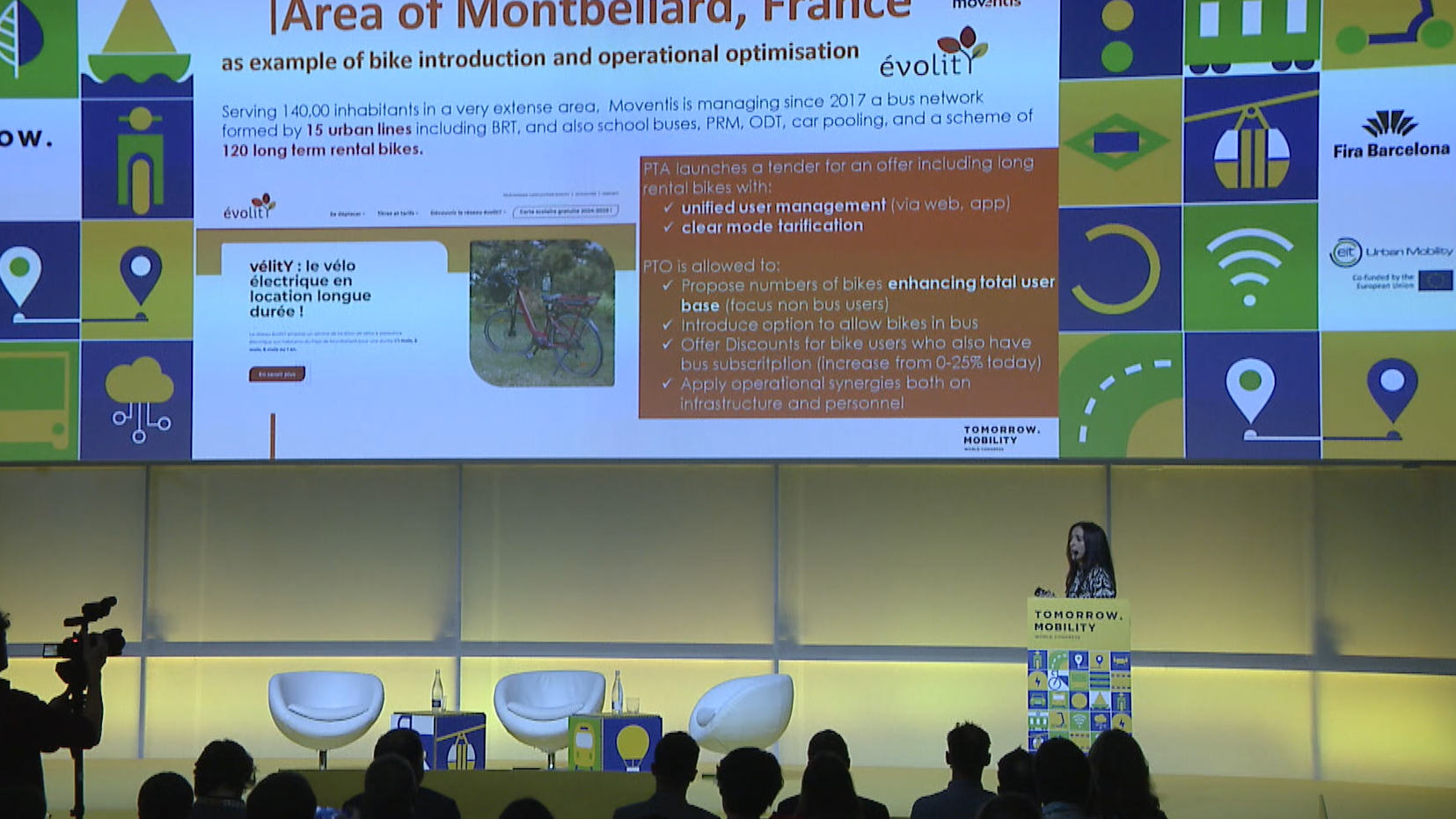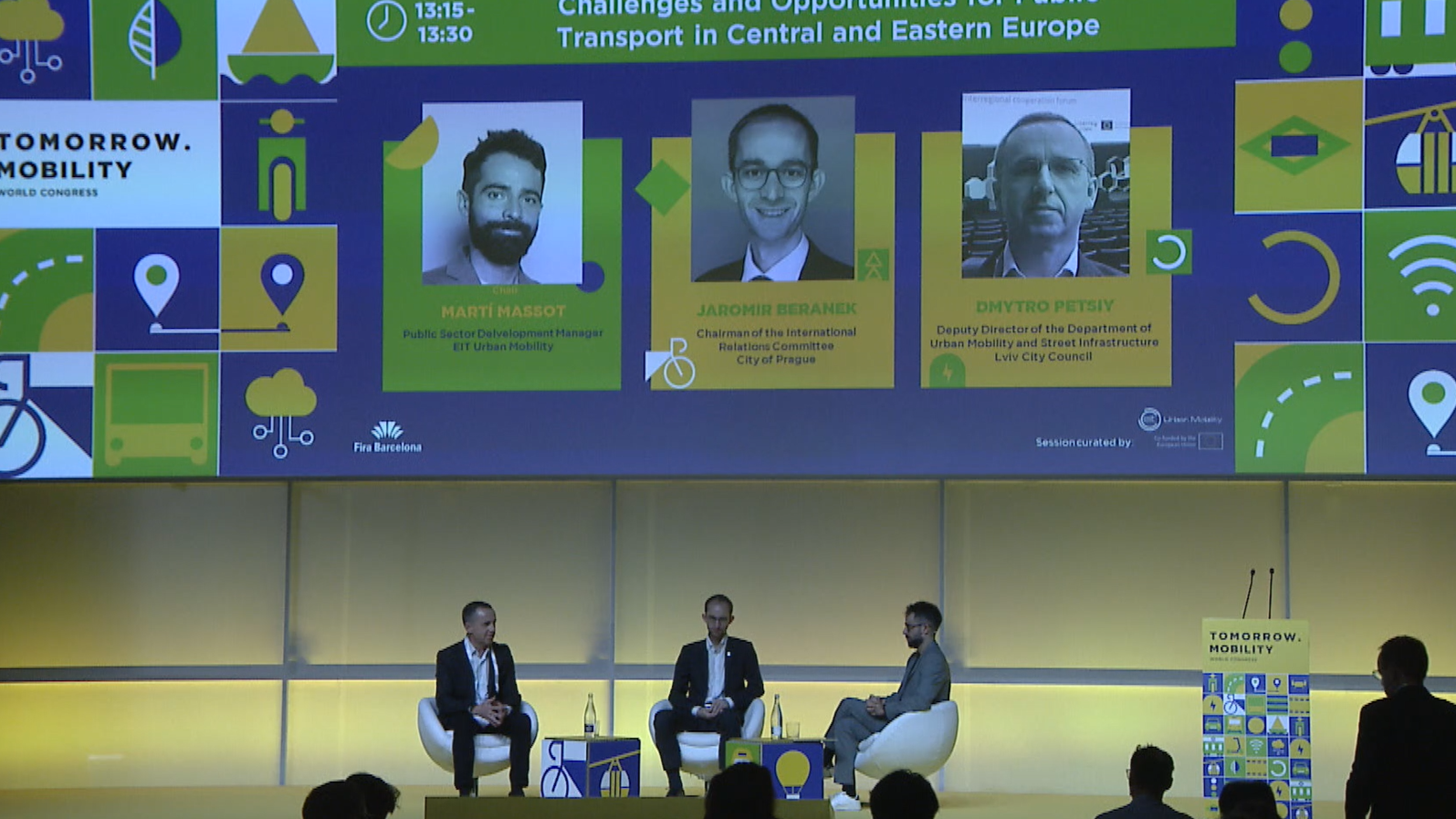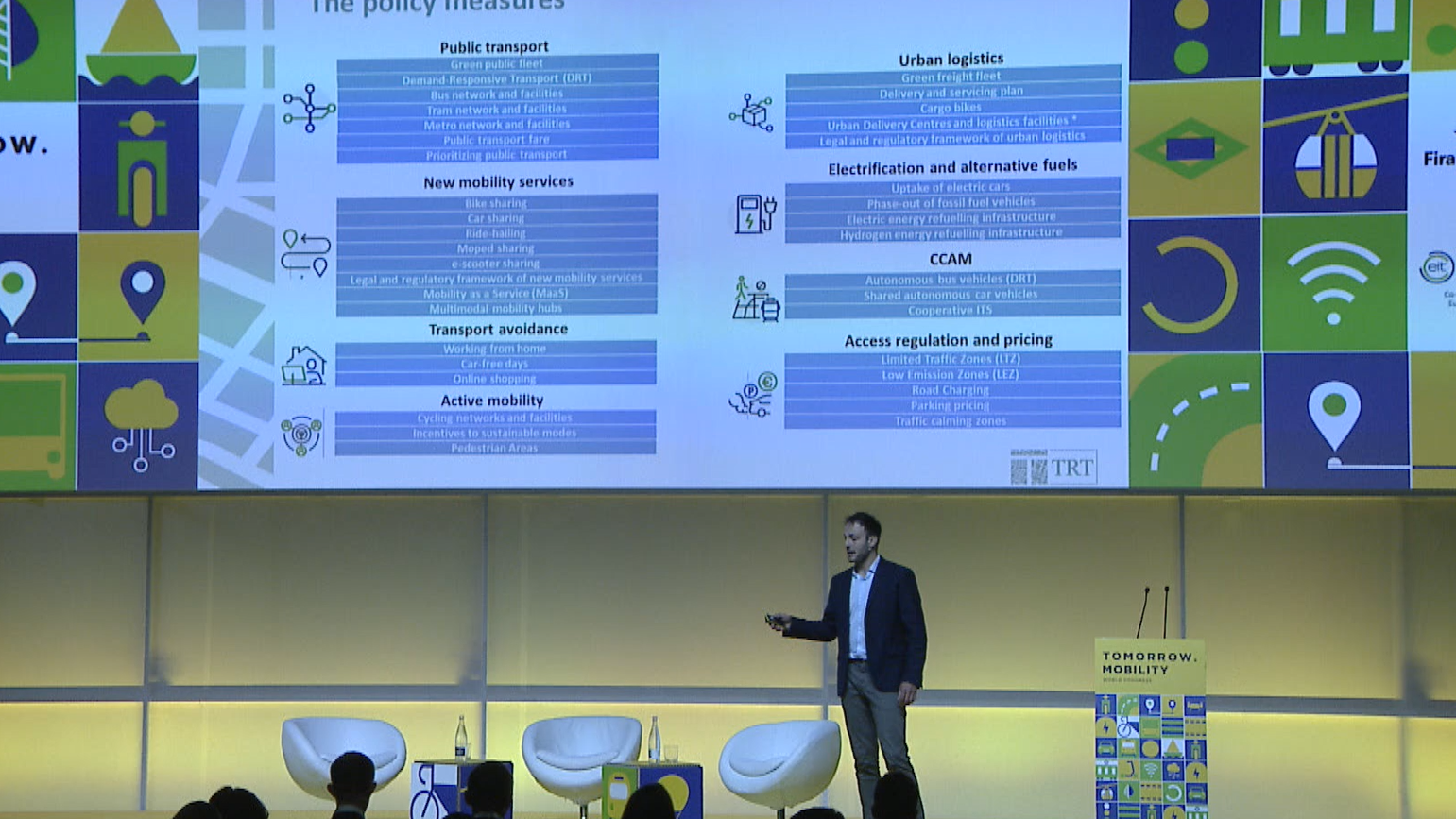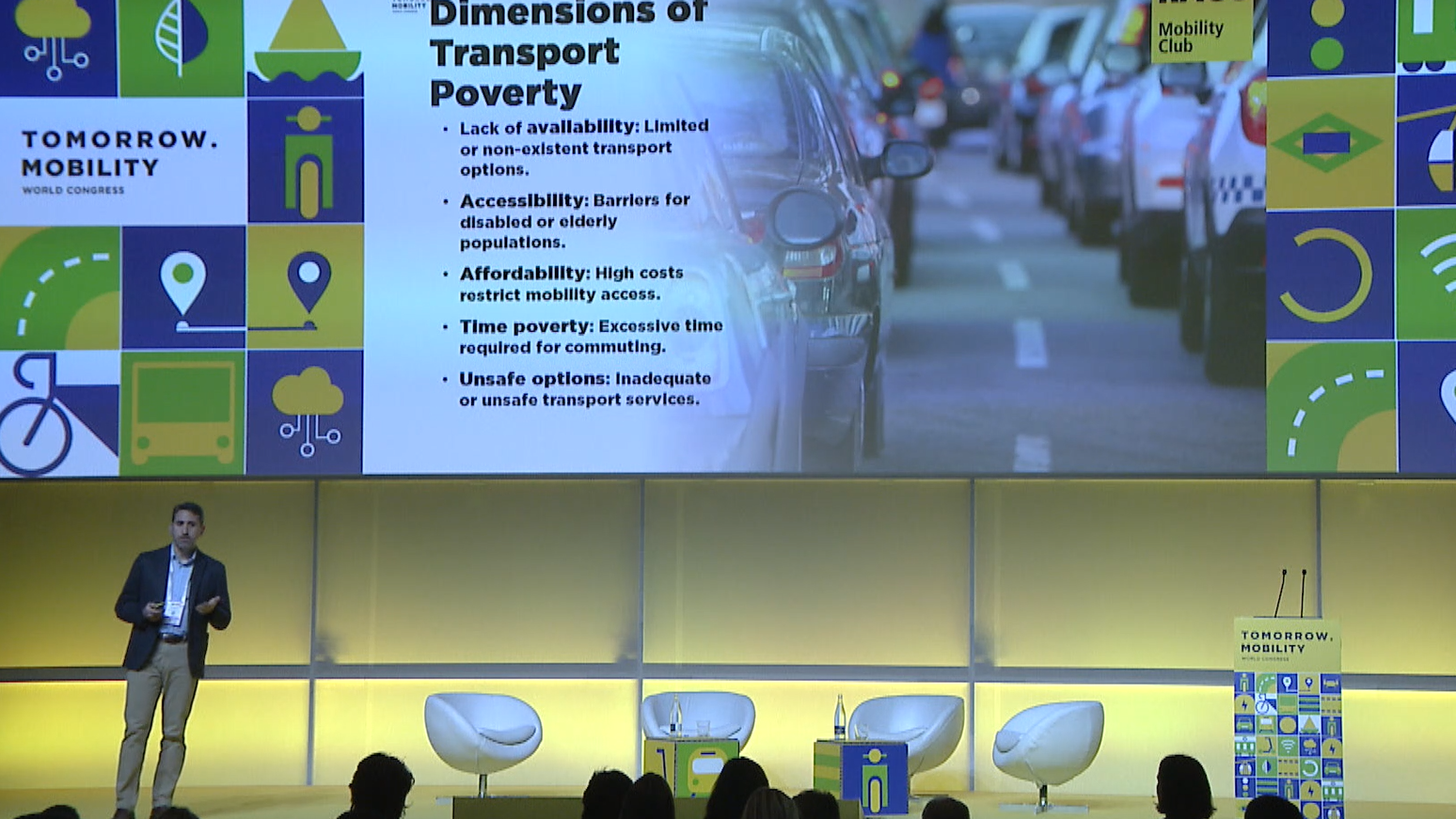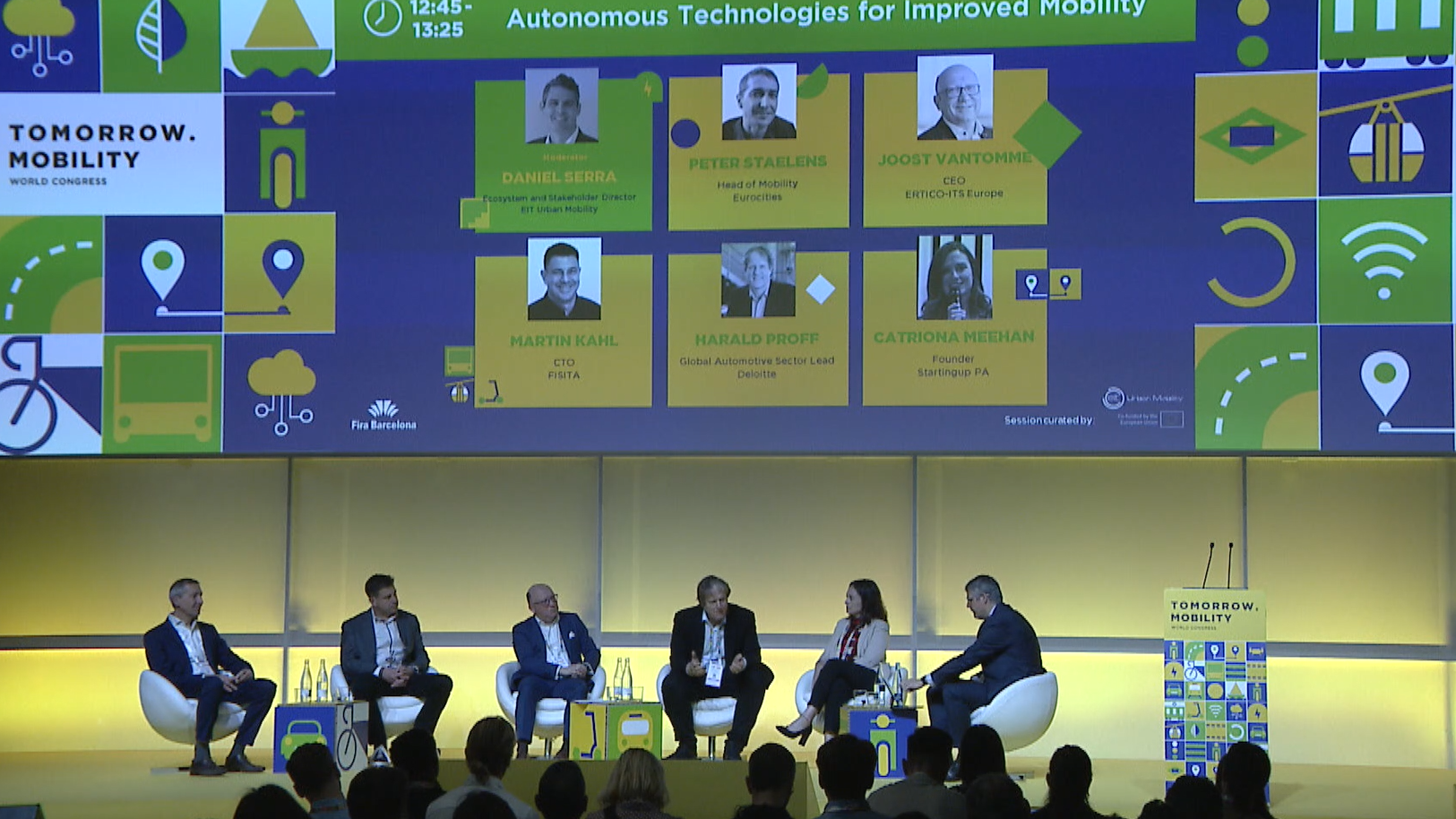Author | Lucía Burbano
Sustainable Aviation Fuel (SAF) is widely regarded as the most realistic alternative for decarbonizing the aviation sector, which is responsible for 12% of CO2 emissions in transportation and 2% of global CO2 emissions. The construction of biofuel production plants is becoming increasingly common in the aeronautical sector, presenting both potential solutions and new challenges for cities.
Biofuels for aviation: the solution to greening the aeronautical sector?
Investment in alternative biofuels, which are crucial for meeting ambitious emissions reduction targets, has significantly impacted all transportation sectors, including the aeronautical industry. Major airline companies have begun incorporating SAF into their operations, though its use is currently limited in scale.
Regulatory bodies and international organizations are actively developing frameworks to support the widespread adoption of SAF, a biofuel derived from a variety of raw materials, including used oils, solid urban and agricultural waste, wood biomass, algae, and even CO2.
In 2023, around 160 million gallons of SAF were consumed. Although this figure is impressive, it remains minimal compared to the ninety billion gallons of conventional fuel consumed worldwide that year.
Examining the pros and cons of this biofuel for aviation provides valuable insights into its current stage of implementation.
In favor
Emissions reduction
According to the International Air Transport Association, SAF could contribute to a reduction in emissions of approximately 65%, making it a key factor in achieving net-zero emissions by 2050.
Raw material diversification
It is considered “sustainable” because its raw materials do not compete with food crops and are not linked to deforestation or environmental degradation. SAF also recycles the CO2 absorbed by the biomass used as raw material throughout its lifecycle.
Technological advancements
Ongoing research and development are driving technological advancements in SAF production, resulting in more efficient and cost-effective processes.
Against
Limited availability
Although SAF production in 2023 doubled compared to 2022, it still accounted for only 3% of all renewable fuels produced, with the remaining 97% directed toward other sectors.
Production costs
The cost of SAF is between 120% and 700% higher than that of fossil fuels for jet engines, making it less economically viable for some airline companies, especially those operating with tight profit margins.
Regulatory obstacles
While regulatory support for SAF is increasing, challenges remain in establishing consistent, globally accepted regulations for its production and use.
SAF plants: A solution for urban waste

As demand for SAF grows, production capacity is expanding to meet the rising needs. This requires the construction of additional sustainable biofuel refineries and significant investment in infrastructure to effectively distribute and supply this biofuel.
Plants like the one announced in Teruel, Spain, with construction set to begin in 2027, have brought significant attention to SAF. The plant will require nearly the same amount of water (670,000 m³) as would be used by a population of 20,000 residents.
Other cities, such as Tokyo, are conducting feasibility studies on the production of SAF from municipal waste. Furthermore, the Japanese government has proposed a plan to replace 10% of its aviation fuel demand with SAF by 2030, with plans to introduce this regulation in mid-2024.
In turn, WasteFuel, a California-based start-up, has selected Manila as the location for its first SAF plant, recognizing the ongoing challenge of solid waste management in the Philippines, where, in urban areas like the capital, 10,000 tons of waste are generated daily
Photographs | Unsplash/Jose Lebron, Unsplash/Erin Song



































